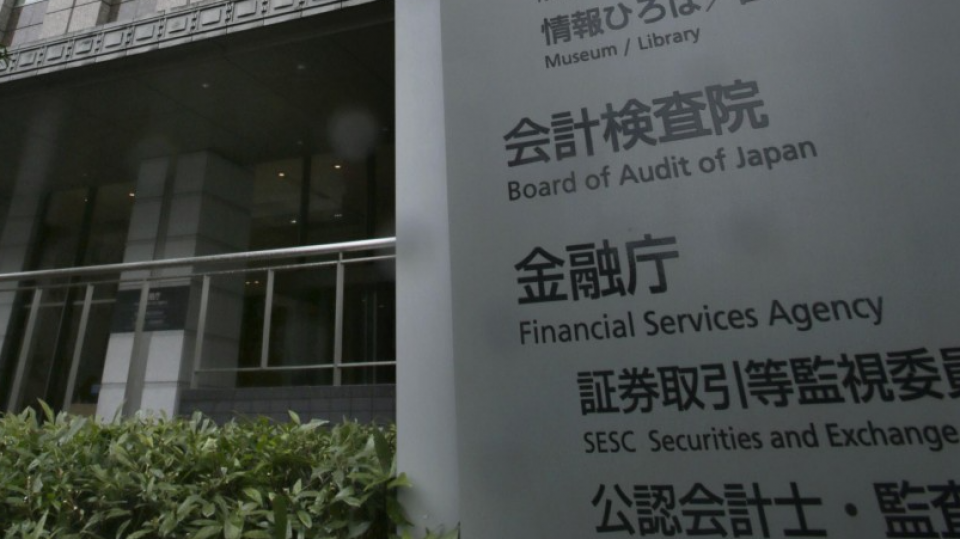- Blockchain innovators claim IRS crypto rules stifle U.S. innovation and infringe on privacy, pushing DeFi tech offshore.
- IRS’s broad “broker” definition sparks backlash, imposing heavy compliance burdens on DeFi platforms and developers.
- New IRS crypto rules face legal challenges for alleged unconstitutionality, threatening U.S. blockchain growth and privacy rights.
The Blockchain Association has launched a legal battle against the IRS over new cryptocurrency regulations, citing privacy and constitutional violations. The IRS finalized rules requiring brokers, including decentralized exchanges, to report digital asset transactions. These rules, effective in 2027, aim to expand tax reporting to include gross proceeds and taxpayer information for cryptocurrency sales.
Brokers are defined broadly in the legislation, including front-end trading infrastructure and decentralized financing platforms. A platform is considered a broker if it controls or supports transactions involving digital assets. This classification has sparked a backlash from blockchain innovators. Critics argue the new rules impose unlawful compliance burdens on developers creating non-custodial trading systems.
Blockchain Developers Face New Challenges
These regulations impact software developers in the blockchain. For instance, they echo concerns raised in the case of Tornado Cash developer Alex Pertsev. He was sentenced to over five years for money laundering due to how his software was used. Many fear the IRS’s rules will deter innovation and drive DeFi technology offshore.
Kristin Smith, CEO of the Blockchain Association, strongly opposed the rules in a December 28 statement. She highlighted their unconstitutionality and adverse impact on U.S.-based innovators. Additionally, the Blockchain Association argues that the rule infringes on the privacy rights of DeFi users.
Privacy Concerns and Broader Implications
Legal experts and industry leaders emphasize the broader implications of these rules. Marisa Coppel, Head of Legal at the Blockchain Association, criticized the broker definition as overly broad. She noted that DeFi front-ends do not directly execute transactions. The rules undermine user privacy and innovation.
Moreover, the compliance requirements could discourage software development for decentralized systems in the U.S. This shift might benefit offshore markets at the cost of domestic innovation. The IRS plans to implement the rules in 2027, requiring brokers to start data collection in 2026. While the goal is to enhance transparency and taxation, critics see this as an overreach.
DISCLAIMER:
The information on this website is provided as general market commentary and does not constitute investment advice. We encourage you to do your own research before investing.










